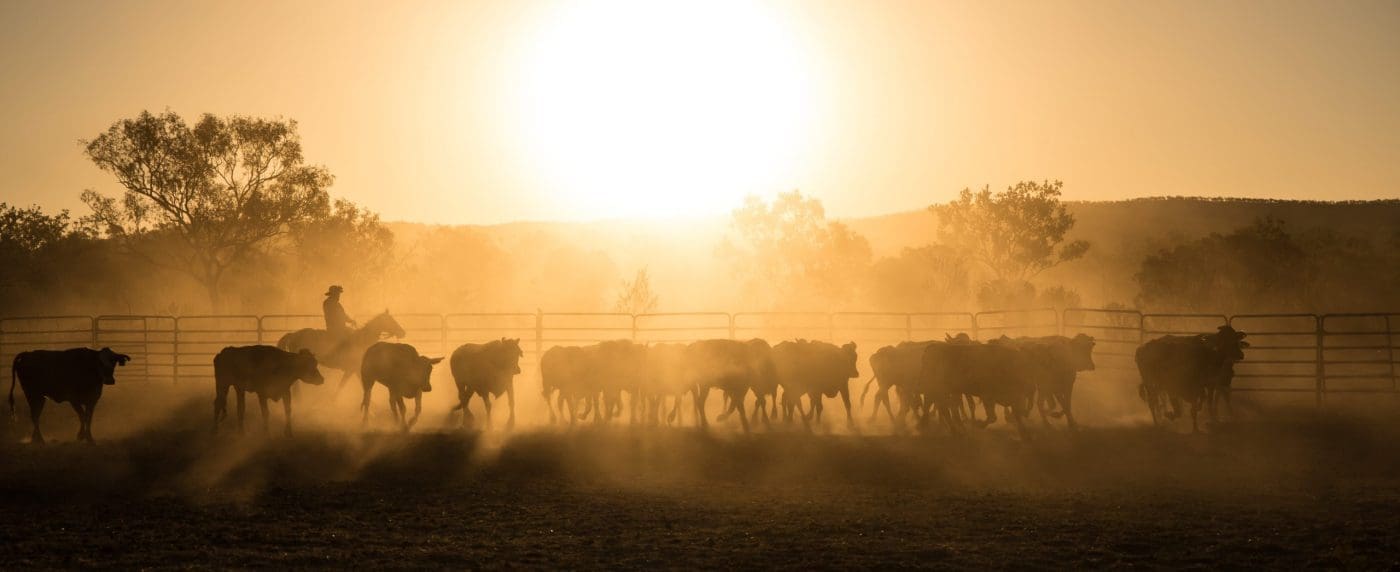
The State Government says it is working with the WA cattle industry to reduce the regulatory status of Johne’s disease cattle strain (C-strain). JD will remain a reportable disease in WA but it will now be up to producers protect their herds from the disease at an individual property level.
An investigation by the Department of Primary Industries and Regional Development found the disease had been present on the property for several years and tracing indicated cattle had been moved to a large number of properties within WA.
Industry has been extensively consulted and agreed eradication of Johne’s disease (C strain) is now not technically feasible given the unknown original source of the infection and the difficulty testing and diagnosing the disease.
In addition, the regulatory burden that would be placed on a large number of properties for several years could not be justified economically.
The decision brings WA into line with all other States and Territories, which deregulated C-strain Johne’s disease controls in 2016 and introduced an industry accreditation program to provide property level assurances about the disease status for Johne’s disease.
Johne’s disease, including sheep, cattle and bison strains, will remain a reportable disease in WA, and appropriate systems maintained to meet international market certification obligations.
There will be a transition period while necessary support measures are provided to cattle producers, including an information package on the disease and the national industry program, and property biosecurity measures.
Cattle producers are encouraged to maintain biosecurity practices to protect WA cattle herds from Johne’s disease and help maintain access to specified markets with Johne’s disease requirements.
More details about the tools and measures to support producers during the transition will be available from https://www.agric.wa.gov.au
“While it is very disappointing the C-strain of Johne’s disease has been confirmed in Western Australia, eradication is clearly no longer a viable option for our cattle industry,” Agriculture and Food Minister Alannah MacTiernan said.
“The State Government will continue to support cattle producers to protect their herds from this disease at an individual property level, as the State transitions to the new arrangements.
“Industry will need to remain vigilant and continue biosecurity measures to manage their herds to maintain livestock productivity and profitability.”

It is now time to dump J-BAS into the waste basket it deserves. It was only developed by a consultant working for Cattle Council as an inducement to its WA SFO owners to join the then deregulation but protect their local seedstock producers against Eastern genetics. It led to a disruption to commercial cattle supplies in WA when trying to restock following the drought. BJD cannot be cured and is the least significant disease our industry faces. BJD is a cattle disease whether it comes from sheep, deer, rabbits or their mothers. We ask that the CVOs get together and agree to remove J-BAS from the control of BJD. Our industry cannot afford the excessive ongoing cost of this management system. If we are to be world competitive we need to reduce these on farm costs.
Australian Cattle Industry Council
Whilst johnes isnt going to end beef production in Western Australia. I would like to understand why we couldnt be notified of the farms that are infected? Now the reason that the ag department wont want this revealed is not because they fear farmer to farmer retribution but rather our unfortunate cynical views might actually be justified as to how this was forced into our state in the first place. ie a potential producer. Now i know johnes potentially isnt the worst thing to happen. But if a blind eye was potentially and deliberately allowed then how can we be sure that far more financially detrimental pests and or diseases like liverfluke wont slip through. Highly concerning as a young producer when you cant trust potentially arrogant government departments. Arrogance is the first step in failing.
So i challenge media departments like beef central not to let this dog lie. If there is nothing to hide there then should be nothing to fear. Our industry is mature enough not to target the unfortunate unknowing producers. We want to know HOW and WHO. Cheers Matt Della Gola
WA is Six years behind the times on Johnes deregulation.
They were pretending they did not have the disease !😊
James,
Thanks for keeping industry updated.
Was any indication given on the timing of the start and length of the transition stage? Is WA willing to adopt JBAS as it is Nationally or will they have their own slant?
Thanks for raising those questions Greg. Details not yet clarified as we understand it but we will follow up to find some answers. Editor.
Thank you for your attention to this matter
Hi Greg
It is time to finish the regime surrounding J-BAS and stop all the testing and cost. It is the least significant disease we face and there is no cure.
All the best
John
Australian Cattle Industry Council